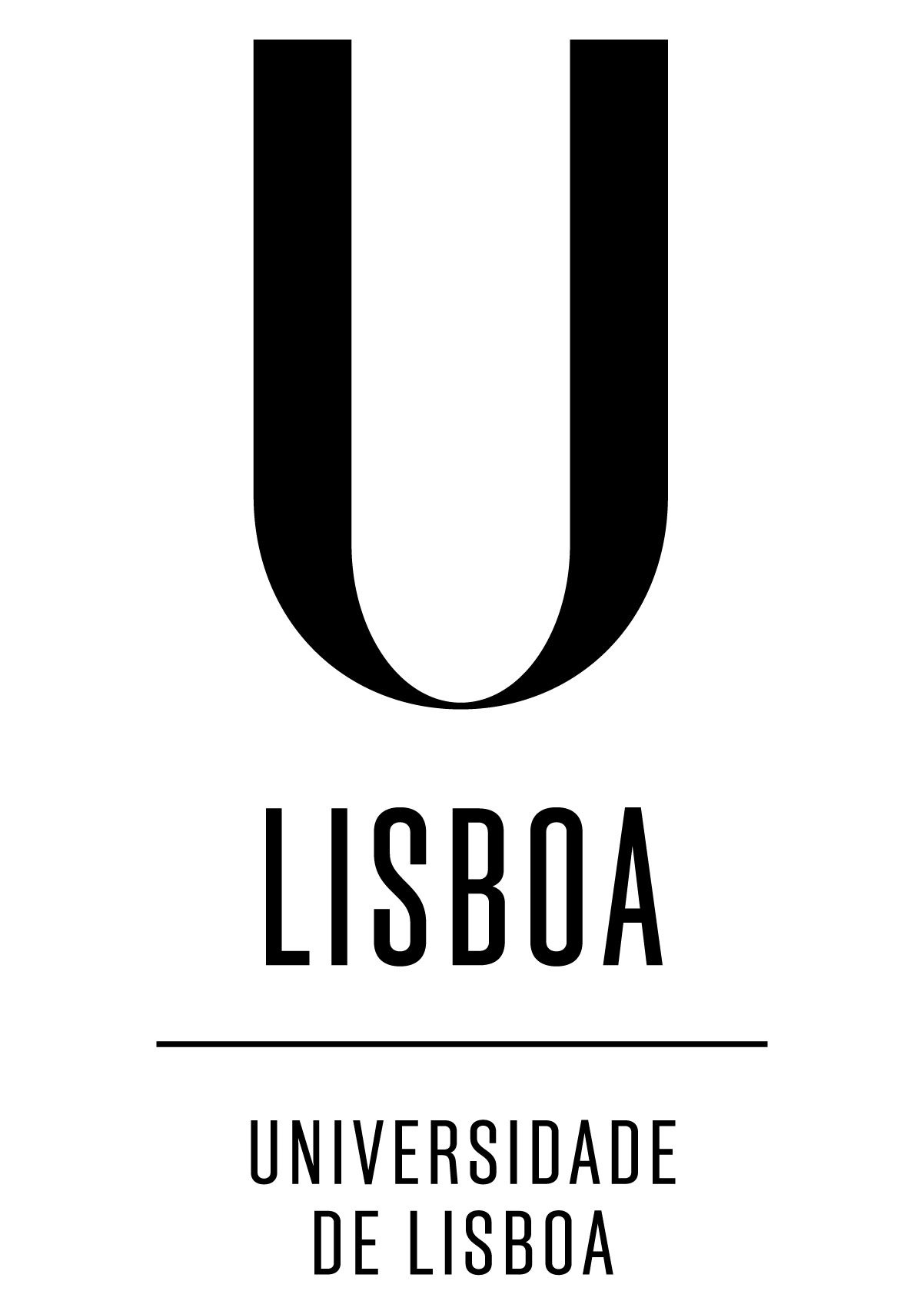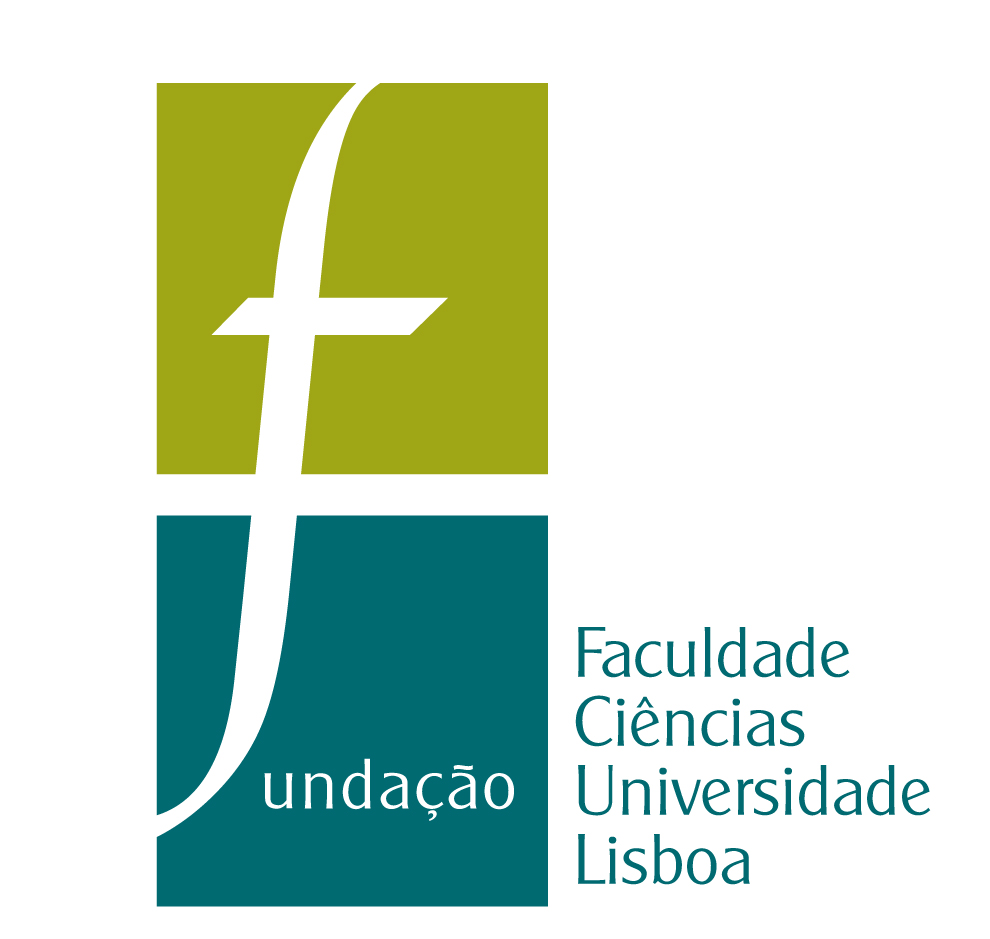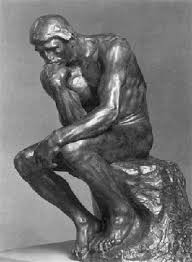GI1 - FILOSOFIA DAS CIÊNCIAS FORMAIS, METODOLOGIA E EPISTEMOLOGIA
Head: António Zilhão | antoniozilhao@fl.ul.pt
Assitant-Head: Bruno Jacinto | bmjacinto@fc.ul.pt
GI1 - FILOSOFIA DAS CIÊNCIAS FORMAIS, METODOLOGIA E EPISTEMOLOGIA
O Grupo de Investigação I cobre três áreas de pesquisa: A) Filosofia das Ciências Formais (FCF); B) Lógica, Epistemologia e Metodologia (LEM); C) Epistemologia Aberta (EA).
A) O trabalho no âmbito de FCF centra-se em dois tópicos nucleares: i) Ontologia nas ciências formais; ii) Pluralismo lógico e aplicações de lógicas não clássicas.
B) O trabalho no âmbito de LEM incide sobre teorias da inferência, raciocínio e método, assim como sobre questões epistemológicas e metodológicas de âmbito mais lato. Exemplos das primeiras: a Lógica strictu sensu (i.e., teorias da inferência dedutiva), a Lógica indutiva (i.e., teorias da inferência ampliativa), teorias da decisão e dos jogos (i.e., teorias da inferência prática) e teorias psicológicas do raciocínio humano. Exemplos das segundas: Que explicações contam como científicas e porquê? O que é a causação?
LEM inclui dois subgrupos mais específicos: AppEEL (Laboratório de Epistemologia Evolucionária Aplicada) e EF (Epistemologia Formal). AppEEL estuda a síntese alargada em Biologia a partir de uma abordagem inter- e trans-disciplinar. EF debruça-se sobre o modo como a ciência moderna (em particular, a Física) está a ser moldada pelo uso intensivo de programas de computador. Estes, que implementam regras explicativas “top-down”, estão cada vez mais a tomar o lugar das equações diferenciais na representação e previsão da evolução dos sistemas físicos. EF tenta compreender o pano de fundo formal subjacente a este desenvolvimento.
C) O trabalho em EA adopta uma abordagem pluralista ao método científico e estuda tanto o trabalho epistemológico de Mach, Bachelard e Feyerabend como as tradições epistémicas não-europeias.
RG1 – PHILOSOPHY OF THE FORMAL SCIENCES, METHODOLOGY AND EPISTEMOLOGY
Head: António Zilhão | antoniozilhao@fl.ul.pt
Assitant-Head: Matthieu Fontaine | fontaine.matthieu@gmail.com
RG1 – PHILOSOPHY OF THE FORMAL SCIENCES, METHODOLOGY AND EPISTEMOLOGY
Research Group I is devoted to three areas of inquiry: A) Philosophy of the Formal Sciences (PFS); B) Logic, Epistemology & Methodology (LEM); C) Open Epistemology (OE).
A) Work on PFS focuses on: i) Ontology in the formal sciences; ii) Logical pluralism and applications of non-classical logics.
B) Work on LEM deals with theories of inference, reasoning and method as well as with broadly construed epistemological and methodological issues. Examples of the former are: Logic proper (i.e., theories of deductive inference), inductive logic (i.e., theories of ampliative inference), decision and game theories (i.e., theories of practical inference) and psychological theories of human reasoning. Examples of the latter are: When and why do explanations count as scientific? What is causation?
LEM includes two specific subgroups: AppEEL (Applied Evolutionary Epistemology Lab) and FE (Formal Epistemology). AppEEL studies the extended synthesis in biology from an inter- and trans-disciplinary approach. FE studies how modern science (physics, in particular) is being shaped by the use of computer programs. The latter, implementing explanatory top-down rules, are increasingly taking the place of differential equations in expressing and forecasting the evolution of physical systems. FE tries to understand the formal background underlying this development.
C) Work on OE pursues a pluralistic approach to scientific method; it deals with the epistemological work of Mach, Bachelard and Feyerabend and with non-European epistemic traditions.
Reasoning Seminar
Org.: António Zilhão
GI / RG: Epistemologia e Metodologia/ Epistemology & Methodology
About
The Reasoning Seminar convenes regularly in order to present to a wider audience and discuss exciting new research on reasoning, inference and method broadly construed.







